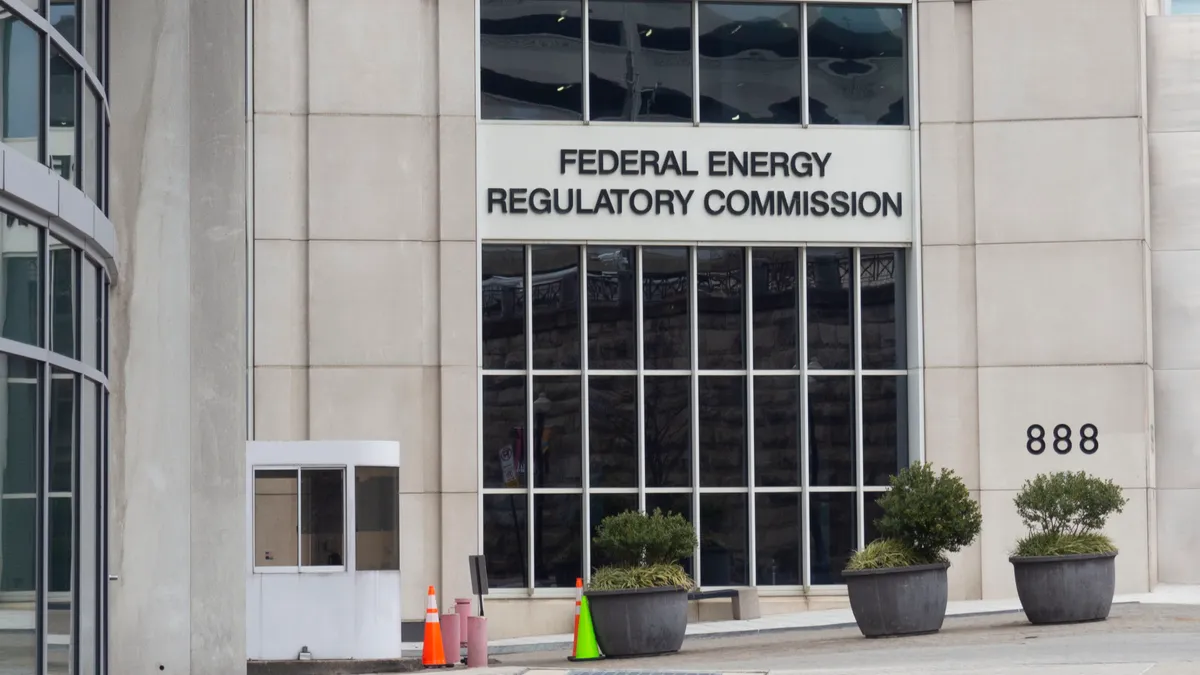Dive Brief:
-
ISO New England will pay $500,000 to settle allegations that it violated its market rules by failing to change the commercial operation date for a power plant being built near Boston that was facing delays, leading to more than $100 million in improper capacity market payments to Salem Harbor Power Development, according to an agreement approved Friday by the Federal Energy Regulatory Commission.
-
The grid operator for the six New England states also prevented its market monitor from having access to information about the 674-MW, gas-fired Salem Harbor power plant a Footprint Power subsidiary was building, according to FERC’s enforcement office.
-
ISO-NE, which neither admitted nor denied the allegations, will spend up to an estimated $350,000 to bolster its compliance program while also being subject to compliance monitoring by FERC’s enforcement office.
Dive Insight:
FERC’s enforcement office said ISO-NE should have reset the commercial operation date for the Salem Harbor power plant after the grid operator’s staff learned the project was facing delays.
The Salem Harbor power plant started commercial operation in June 2018, a year later than planned. ISO-NE paid Footprint $104.8 million in capacity payments during the capacity commitment period in which it was not commercially operating, resulting in a net financial benefit of $80.1 million to Footprint, according to enforcement office staff.
ISO-NE also violated its rules by denying its internal market monitor access to information about the Salem Harbor project, frustrating the monitor’s market oversight role, according to FERC’s enforcement office.
Earlier this year, Salem Harbor Power Development, a Footprint subsidiary, agreed to pay a $17.1 million fine and disgorge $26.7 million in profits to resolve allegations that it improperly received capacity payments from ISO-NE in 2017.
ISO-NE was spared from paying a higher penalty, in part, because the grid operator’s members would be forced to foot the bill, according to FERC’s order.
“We recognize that a larger civil penalty might otherwise be appropriate given the magnitude of the capacity payments that ISO-NE made to Footprint,” FERC said. “However, such a penalty likely would be passed on to the fee-paying entities, potentially compounding the harm to those entities and undermining the deterrent value of a larger civil penalty.”
In its decision, FERC warned grid operators about maintaining proper relationships with their market monitors, which help oversee wholesale power markets.
Each independent system operator/regional transmission organization “and its management must adhere to the requirements of its commission-approved tariff, which includes permitting any market monitor the ability to function in a manner consistent with that market monitor’s role and obligations under that tariff,” FERC said.















